Oracle Founder Larry Ellison’s Trump Fundraiser: 5 Things To Know
Oracle’s founder, executive chairman and CTO is reportedly preparing to raise money for the current president, Donald Trump, with a lavish golf outing in the Southern California desert on Feb. 19.
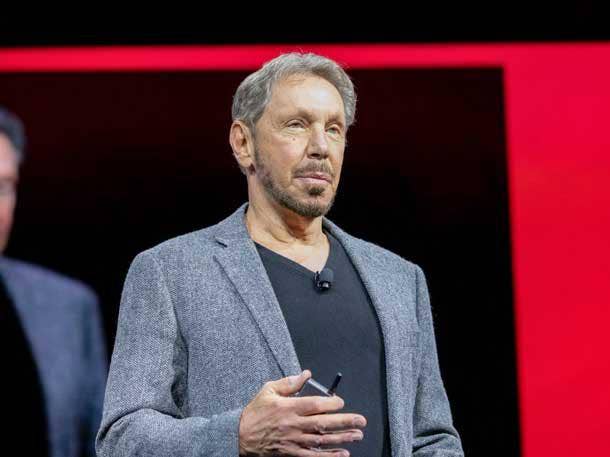
Ellison Welcomes Trump
Larry Ellison has been no stranger to political rainmaking in recent years, and throughout his career has supported both Democratic and Republican candidates.
But for the first time, Oracle’s founder, executive chairman and CTO is preparing to raise money for the current president, Donald Trump, with a lavish golf outing in the Southern California desert on Feb. 19, according to reporting from the Desert Sun, which has viewed the invitation.
The embrace of Trump certainly breaks with the zeitgeist of Silicon Valley, where big-tech moguls (including Republicans like former HP CEO Meg Whitman) have kept the president at arms-length, even as they have engaged with the administration on issues critical to their industry.
But the 72-year-old Oracle founder, with a fortune of nearly $70 billion that makes him the fifth-richest person alive, has never been one to avoid going against the grain in Silicon Valley.
Oracle has declined to comment on the fundraiser.

Past Politics
Since the early 1990s, Ellison has personally contributed almost $10 million to federal candidates, according to filings with the Federal Election Commission.
But in recent years, Larry Ellison has stepped up his political game—consistently ranking among the most active donors in Silicon Valley.
He’s contributed to both Republicans and Democrats in the past, but certainly leans to the Republican side of the aisle. In 2014, Ellison hosted a fundraiser for Sen. Rand Paul of Kentucky at his Woodside, Calif. Mansion. Two years later, he was a major donor to Sen. Marco Rubio of Florida, eventually pouring $5 million into a failed presidential campaign through a super PAC.
But until now, the Oracle founder has abstained from supporting Donald Trump’s political ambitions.
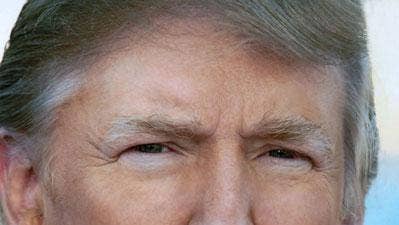
Rancho Mirage
The Coachella Valley desert town next to Palm Springs is a playground for the ultra-wealthy.
When Trump arrives at Larry Ellison’s Rancho Mirage estate, he’ll take his picture with supporters paying $100,000 to go golfing with Ellison at the Porcupine Creek golf club. And with $250,000 donations, those supporters can also share their thoughts on policy at a roundtable with Trump, as reported by The Desert Sun, a local newspaper which saw the invitation.
The money raised will go to a fundraising committee jointly benefitting the Trump campaign and other Republican groups called “Trump Victory”—helping fund Trump’s re-election efforts, the Republican National Committee, state Republican efforts and the party’s national convention.
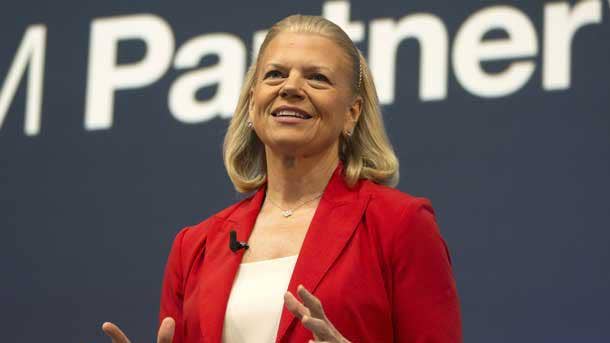
Trump’s Tech Ties
Silicon Valley was very chilly to Trump during the 2016 presidential campaign. At one point, more than 140 technology executives, entrepreneurs and venture capitalists skewered the real estate mogul and TV personality in an open letter as a "disaster for innovation."
But even those executives who adamantly opposed the candidate and his proposed policies understood they needed to deal with the administration once he won the presidency. Microsoft CEO Satya Nadella, Amazon CEO Jeff Bezos, Cisco CEO Chuck Robbins, IBM CEO Ginni Rometty (pictured), Intel CEO Brian Kraznich, Oracle CEO Safra Catz, Alphabet CEO Larry Page, Apple CEO Tim Cook, and Facebook COO Sheryl Sandberg were among the who’s who of Silicon Valley that flocked to Trump Tower in December of 2016 to talk tech policy with the president-elect.
Perhaps other than with Oracle’s Catz, that meeting didn’t seem to create any lasting bonds of support.
And William Barr didn’t improve the outlook for tech-world reconciliation in his confirmation hearing in January of 2019. The then nominee for Attorney General told senators without prompting that he's interested in exploring the idea of scrutinizing big tech companies for antitrust violations.
"I think a lot of people wonder how such huge behemoths that now exist in Silicon Valley have taken shape under the nose of the antitrust enforcers,” Barr said.
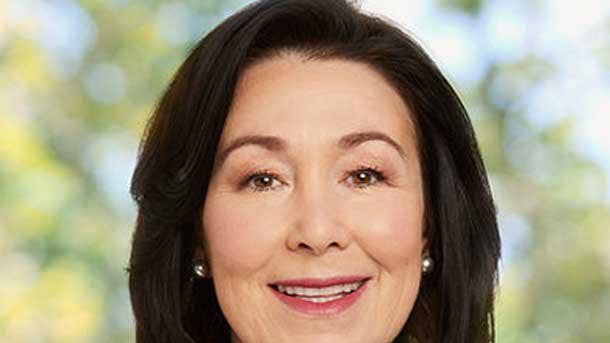
Catz Connection
Oracle CEO Safra Catz (pictured) is the one executive leading a major technology company that has seemingly been on very good terms with President Trump.
That relationship developed at the same time Oracle challenged a massive government procurement for cloud computing services, the JEDI initiative, as one biased in favor of Amazon. Microsoft ultimately won the potentially $10 billion award, and AWS is now suing to force a re-evaluation.
Catz was a member of Trump’s transition team—a position that provoked an Oracle managed cloud services executive to publicly resign from the company after citing his opposition to Trump policies, cabinet picks and rhetoric. She was even reportedly under consideration for Secretary of the Treasury.
But it was an intimate dinner Catz had with Trump in April of 2018, in the thick of the Oracle-AWS legal battle over JEDI, that piqued particular interest—especially at Amazon headquarters.
At that meeting, Catz directly raised JEDI to Trump, who had already made a number of extremely critical statements about Amazon and its founder, Jeff Bezos. Catz criticized the process leading up the Pentagon selecting a commercial cloud vendor, telling the president it looked designed for an AWS win.
Those aware of the conversation said Trump listened to Catz but did not in any way pledge to interfere in the JEDI procurement process.
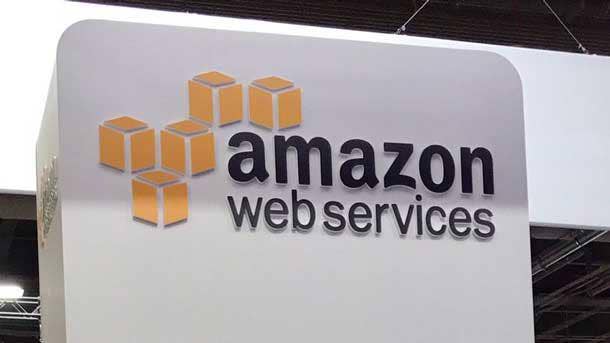
Amazon Looms Large
Last July, two weeks after a federal judge threw out Oracle’s lawsuit challenging the scope and criteria of the JEDI solicitation as corrupted by conflicts of interest favoring AWS, Trump waded directly into the controversy.
"Some of the greatest companies in the world are complaining about it," the president said during a sit-down with the prime minister of the Netherlands, specifically citing Microsoft, Oracle and IBM.
AWS is now suing the federal government, claiming that episode was indicative of a campaign of interference that illegally stymied a fair process for selecting a vendor for the massive military contract.
Trump is trying to pick winners and losers in federal procurements, AWS argues in its legal filings. The president requested a review of JEDI from his new Secretary of Defense Mark Esper in August, and within a few months Microsoft was selected as the JEDI recipient, surprising an industry that saw AWS as the clear front-runner.
In the suit, Amazon points to multiple incidents of Trump publicly bashing the company, all seemingly stemming from antipathy for Amazon CEO Jeff Bezos, who owns the Washington Post, a newspaper the administration perceives as unfriendly to its cause.
Whatever other ties that bind them, Ellison certainly shares Trump’s feelings for the e-commerce giant. The Oracle chairman also frequently mocks Amazon at his speaking events—his enmity sparked by AWS dominating the public cloud infrastructure market that Oracle desperately wants to penetrate.